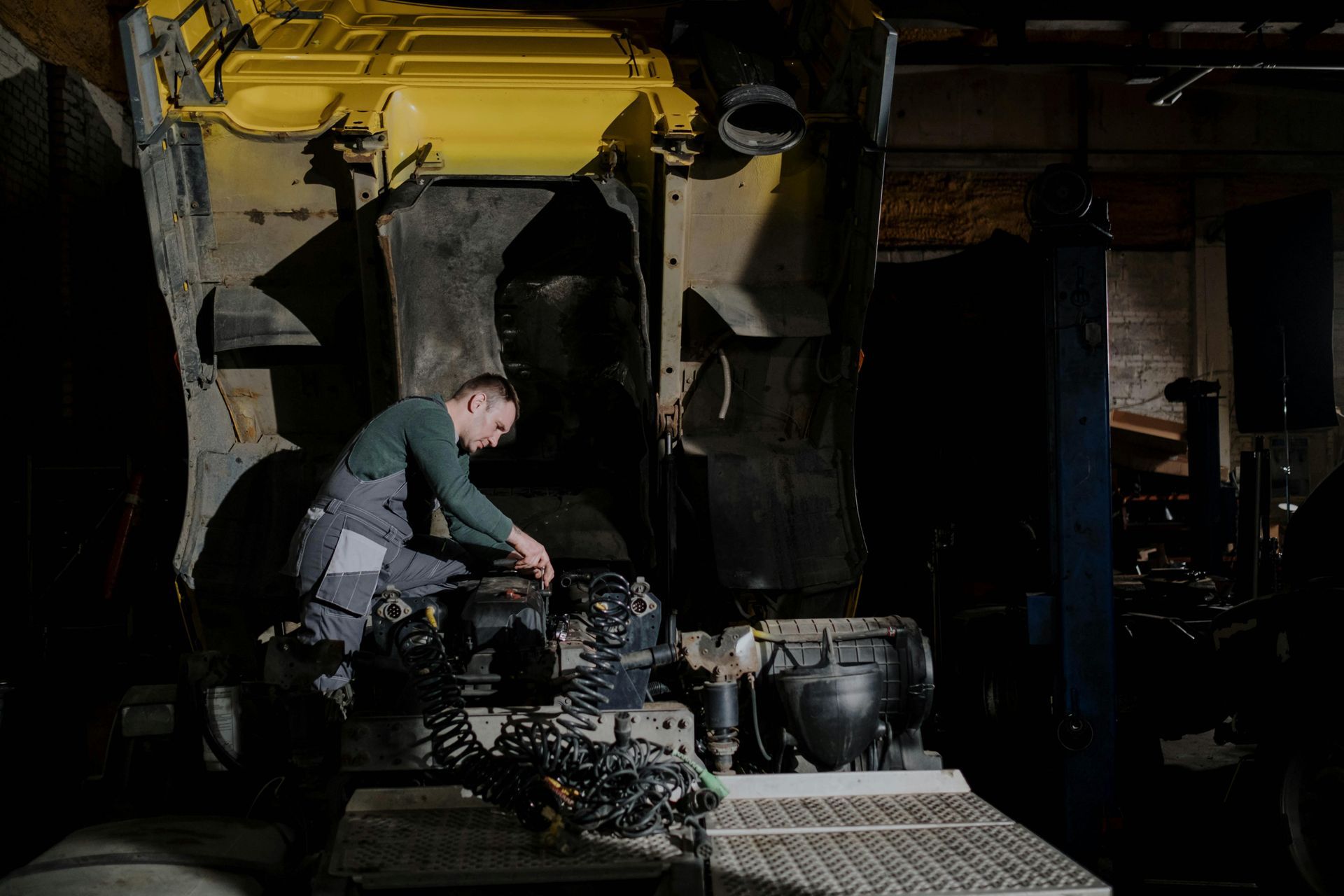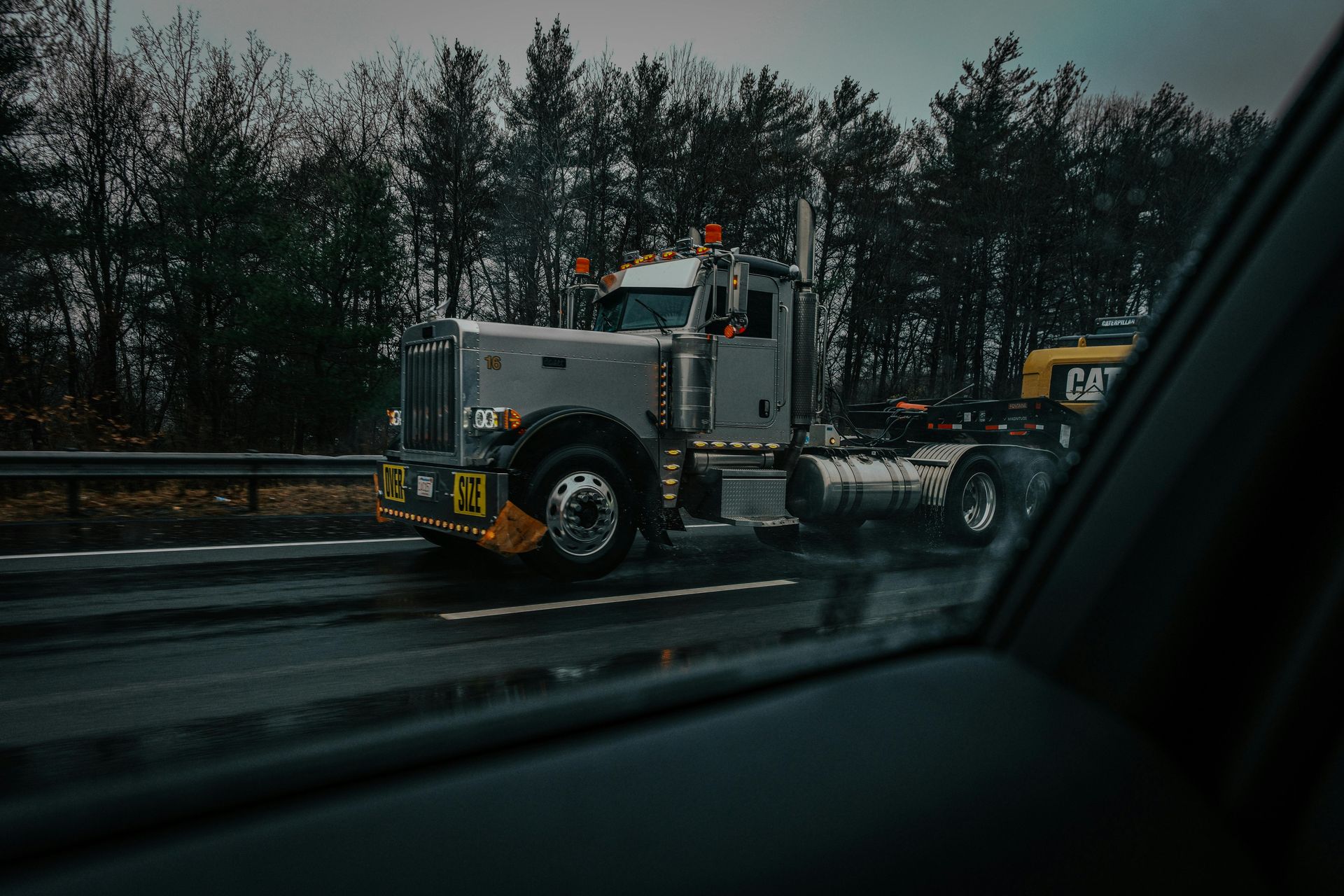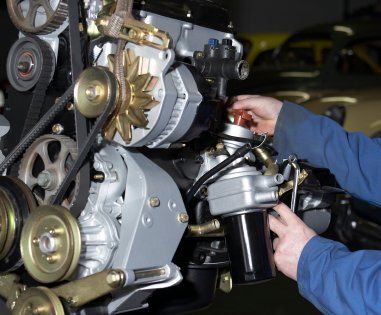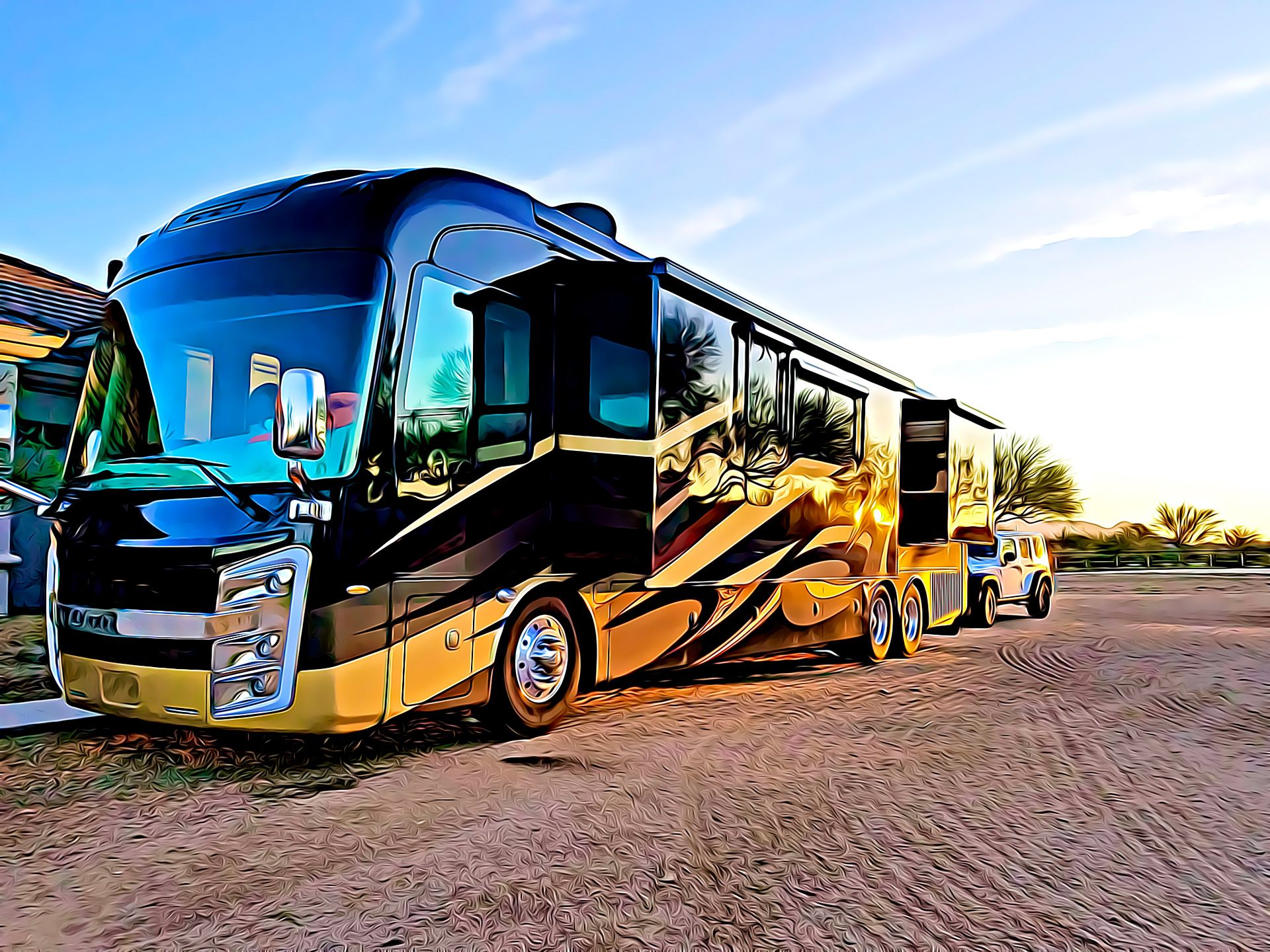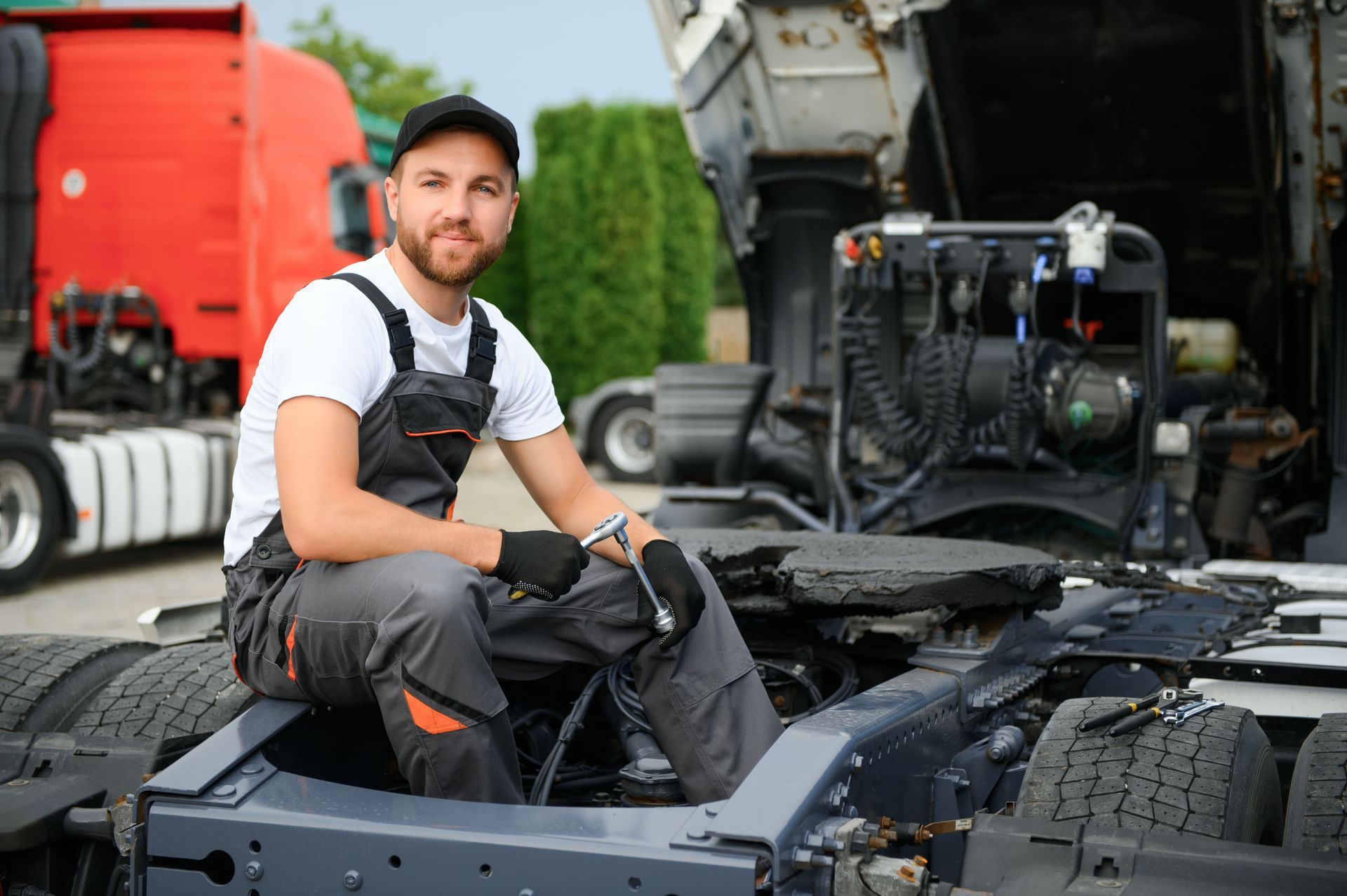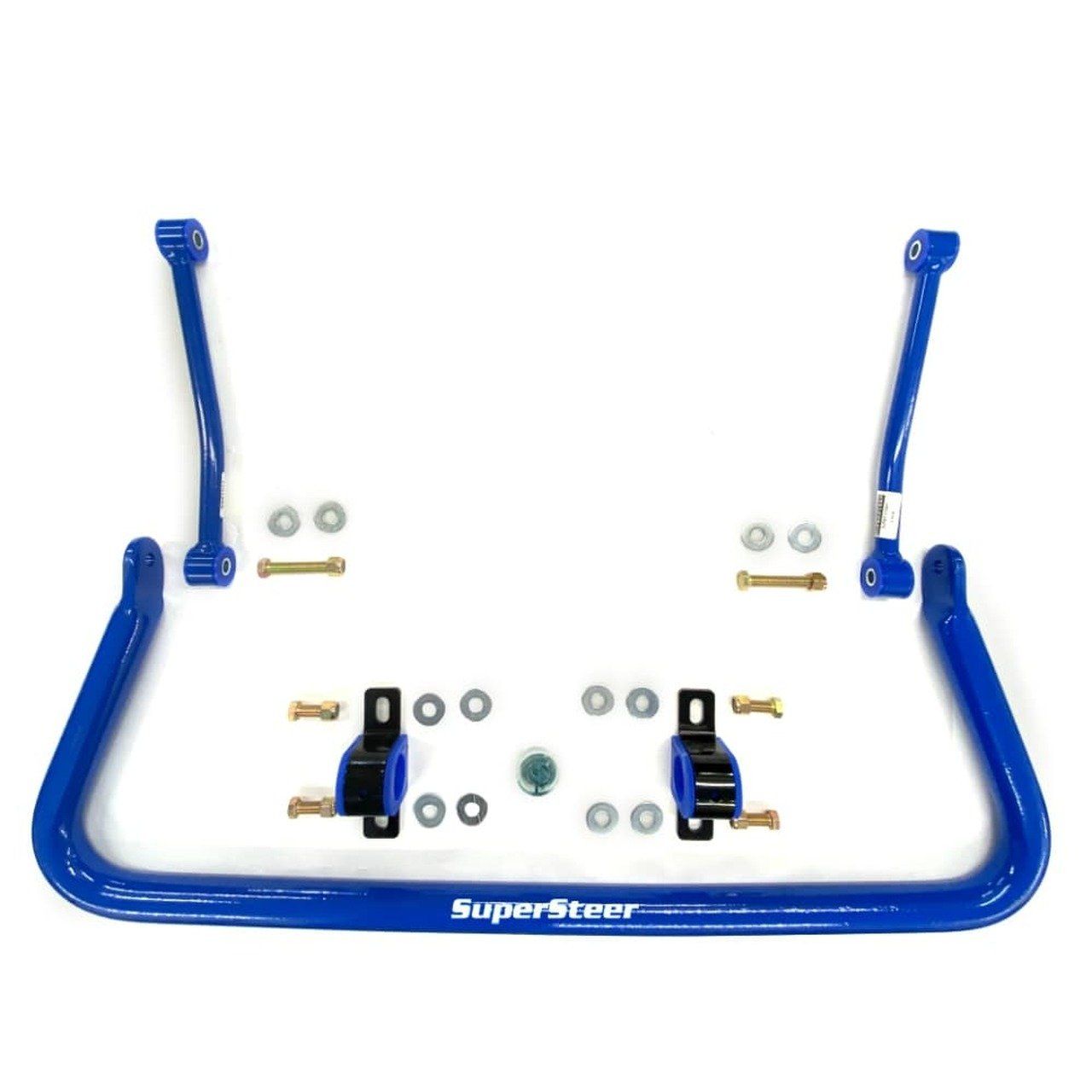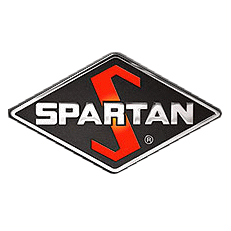A Comprehensive Guide to Troubleshooting Your RV Generator
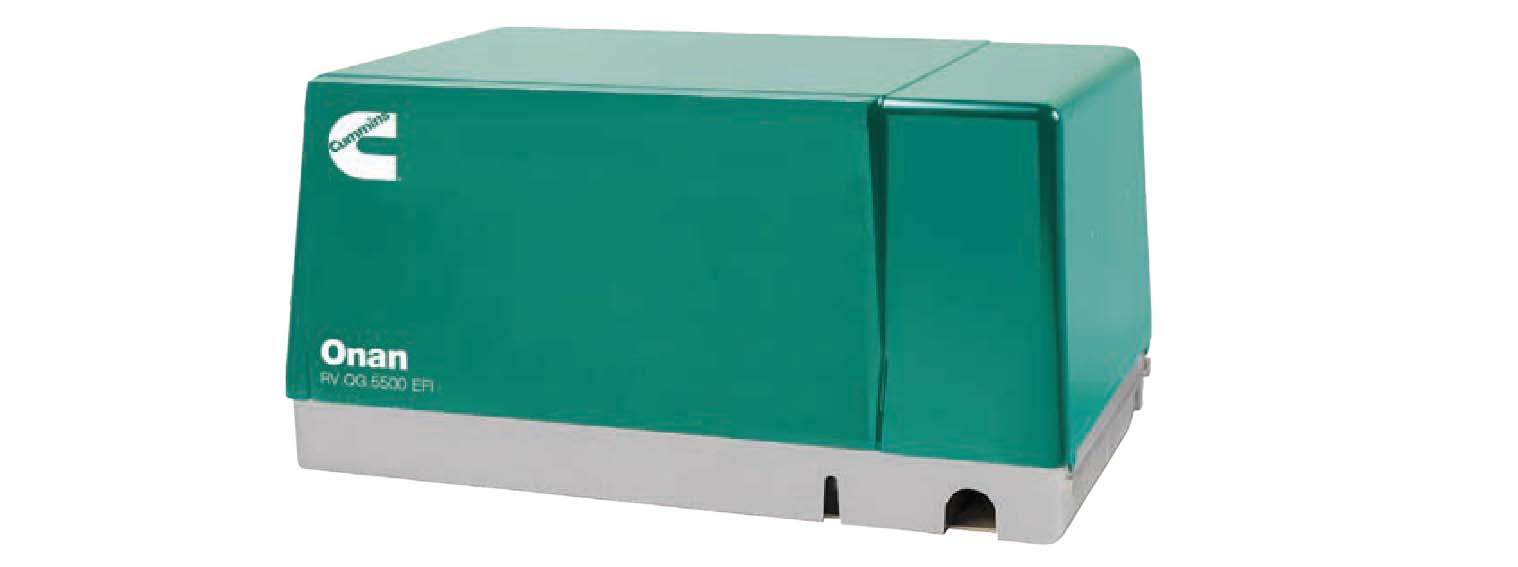
RV generators are your ticket to freedom and adventure. From providing power to your appliances while you’re out on the road to powering your RV while you’re parked in a remote location, your RV generator is an invaluable component of your RV. Unfortunately, like any machine, your RV generator can experience problems from time to time. Knowing how to troubleshoot your RV generator can help you get back on the road quickly and safely.
Troubleshoot Your RV Generator to Get Back on the Road
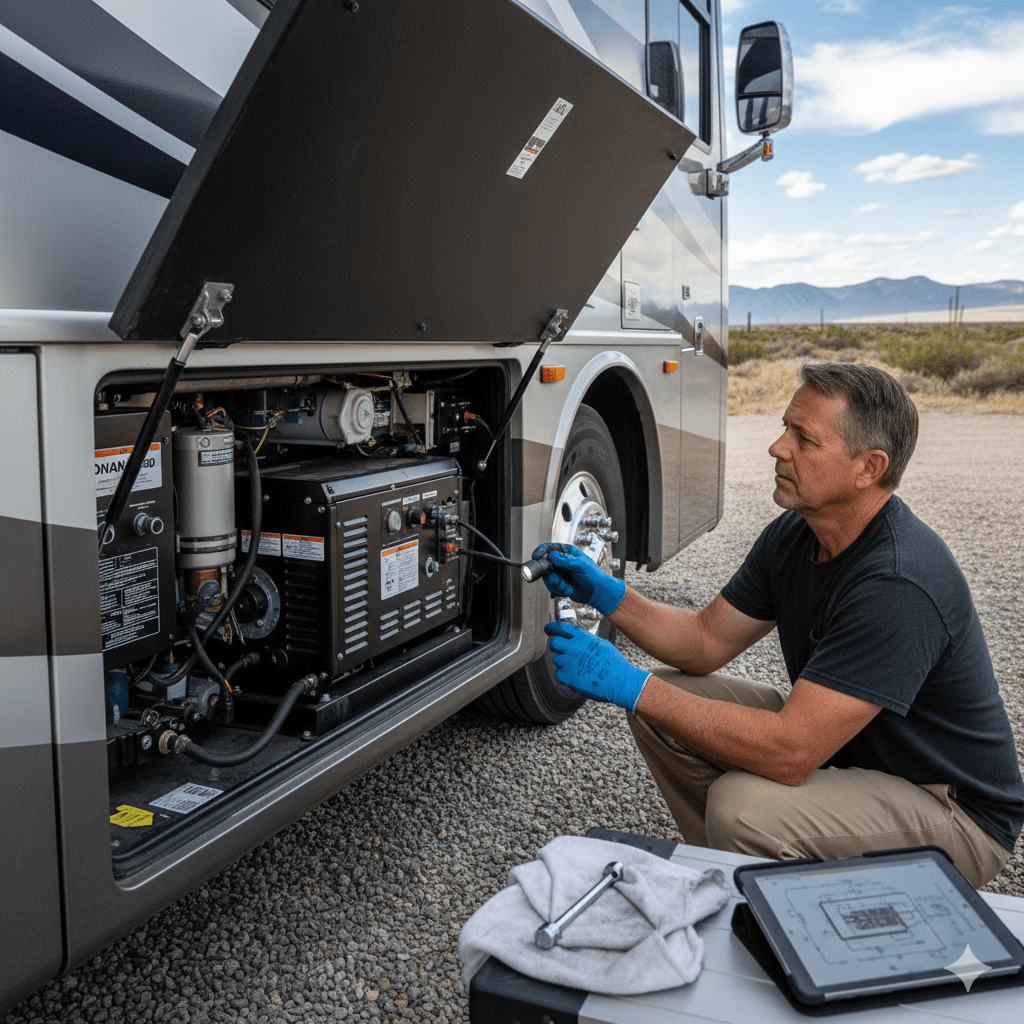
Your RV provides the freedom of a mobile home, and at the heart of an RV's amenities is its generator. It powers the lights, air conditioning, heating, and other essential appliances, making your journey comfortable. But like any mechanical device, an RV generator can sometimes run into problems. Let’s go through the process of troubleshooting your RV's generator, so you can enjoy your road trip without a hitch, and get help when you need it.
In this comprehensive guide, we will cover the common issues you may experience with your RV generator, as well as the steps you need to take to troubleshoot and get
your RV generator repaired. With the right knowledge and preparation, you can keep your RV generator running smoothly and ensure you have the reliable power you need to keep your RV running and your adventures going.
If you frequently take your RV out into the wilderness, we don't have to tell you how important its onboard electrical generator is. That's what allows you to really enjoy your time in the wild, without giving up all of the comforts of home. However, power generators are complicated pieces of equipment, and there's a lot that can go wrong.
What should you do if your generator isn't working? Here are some RV generator repair tips that could help get it running again.
Easy RV Generator Repair Troubleshooting Steps
1 - Fill up your gas tank
This is actually the most common reason that an RV generator might "fail." Most generators are set up to automatically stop running if the RV's fuel level is too low, typically below one-half of the tank. This ensures the generator cannot accidentally run you dry. So before you do any other troubleshooting, fill 'er up and see if generator works again.
2 - Check your oil, pressure, and filter
Most RV generators also have cutoffs that kick in if there are issues with the oil or oil pressure in your RV. Again, this is to protect you and the RV from accidentally being harmed by the generator. Low oil reserves, low oil pressure, or a sufficiently dirty oil filter can all trigger the cutoff. So, this should be the next thing you check, if refilling the tank doesn't help. Generators require fuel to produce electricity. So, your next step should be checking if your RV has sufficient fuel. Most generators are designed to stop running when the fuel level drops below a quarter tank. This is a safety feature that ensures you don't run out of fuel entirely.
Before checking the generator, make sure your RV's fuel tank is at least one-quarter full. If it isn't, fill it up and try starting the generator again.
Quick Summary: Basic Fluid Checks
- Fuel Levels: Generators often possess a safety cutoff that prevents them from running if your RV fuel tank drops below 1/4 full.
- Oil Levels: Low oil pressure or low oil volume will trigger an automatic shutdown to save the engine.
- First Step: Always top up your gas and oil before assuming a mechanical failure.
3 - Inspect your exhaust system
The other RV-related issue that can affect the generator is if there are problems with the exhaust system. The generator hooks into your RV's exhaust, which adds to the output. If there are exhaust problems, the generator may cut off to make sure it isn't sending that exhaust into the RV itself.
Ensure that the exhaust is fully attached/connected and doesn't have any obvious leaks. Unfortunately, if there is damage to the exhaust, you'll need professional help from an RV repair service.
CRITICAL SAFETY WARNING: Carbon Monoxide
Carbon Monoxide (CO) is an odorless, colorless, and deadly gas. A damaged exhaust system can leak CO into your RV interior. If you smell exhaust fumes or suspect a leak, shut down the generator immediately and exit the vehicle. Do not use the generator again until it has been inspected by a certified professional.
4 - Check the wiring
Failed or disconnected wires are another common reason that a generator might not work. You should consult your owner's manual to learn where the wires are, then check them for corrosion or damage. You might want to use an air pump or canned air to clean between the wires as well in case debris in the system is causing a short or disrupting the current.
5 - RV Generators Can Run Almost Anything
Your RV generator is designed to provide power to your RV’s appliances and systems, such as air conditioners, refrigerators, microwaves, TVs, and other electronics. Most RV generators are capable of providing enough power for most of your RV’s appliances, but you should check the manual for your specific generator to make sure you’re not overloading it.
Most generators will come with a clear energy rating and a maximum wattage. Depending on your generator, you can use this information to calculate the wattage of the appliances you want to run. This will help you determine which appliances you can safely run on your generator.
Quick Summary: Inspections & Load
- Fuel Levels: Generators often possess a safety cutoff that prevents them from running if your RV fuel tank drops below 1/4 full.
- Oil Levels: Low oil pressure or low oil volume will trigger an automatic shutdown to save the engine.
- First Step: Always top up your gas and oil before assuming a mechanical failure.
6 - Check the Fluid Levels
It’s a good idea to regularly check the oil level on your RV generator. If the oil level gets too low, the generator will not work properly and can cause serious damage to the internal components. Before you start your RV generator, make sure to check the oil level by using the dipstick. If the oil level is below the “low” mark, add oil until it is up to the “full” mark.
CAUTION: Hot Engine & Flammable Fluids
Never remove the oil dipstick or fuel caps while the generator is running or hot. Hot oil can cause severe burns, and fuel vapors can ignite instantly near hot engine parts. Allow the generator to cool completely before checking fluids.
Next, check the oil level. An adequate oil supply is crucial for the generator's operation. It lubricates the moving parts and prevents damage from friction.
Your generator has an oil sensor, and if the oil level is too low, the generator may not start as a protective measure. Check your generator's oil level by looking at the dipstick. If it is below one quart, add more oil until it reaches the recommended level. Also check your fuel level. Don’t let it get too low. If the fuel level gets below 1/8 of a tank it can create air bubbles which can cause running problems.
7 - Is the Battery Power Switch O
Your RV generator requires a 12V battery to operate. Before starting your RV generator, make sure the battery power switch is in the “on” position. If the switch is not in the “on” position, the generator will not start. This will provide power to the electronic components of the generator, such as the spark plugs and fuel system, and helps to ensure proper operation. The first and simplest step to troubleshooting your RV's generator is to ensure that the battery power switch is on. The battery switch, also known as a disconnect switch, is located in different places depending on your RV's model. In most cases, you'll find it somewhere near the entrance or close to the driver's seat. Turn the switch on; if the lights and other electrical appliances start working, the issue might have been as simple as an accidentally flipped switch. If they don't, it's time to investigate further.
8 - How RV Generators Work
RV generators are powered by fuel and electricity. The fuel is typically gasoline or diesel, and it is used to power an internal combustion engine. The electricity is generated by an alternator, which converts the mechanical energy from the engine into electrical energy.
9 - Cooling and Lubrication of The Fuel Motor
The main component of the fuel system is the fuel motor, which is the internal combustion engine. This engine can be powered by gasoline or diesel, and it is responsible for powering the generator. The next area to inspect is the cooling and lubrication system of the generator. If the generator is overheating or not getting enough lubrication, it could malfunction.
Check the coolant level in the generator. If it's low, refill it to the recommended level. Also, inspect the generator for any oil leaks which could indicate a problem with the lubrication system. A professional technician might be needed if you suspect a severe problem in this area.
10 - The Fuel System
The fuel system is responsible for delivering fuel to the fuel motor. It consists of a fuel tank, fuel pump, fuel filter, and fuel injectors. The fuel tank stores the fuel and the fuel pump draws the fuel from the tank and delivers it to the fuel injectors. The fuel filter helps to remove contaminants from the fuel before it enters the fuel motor. If your fuel and oil levels are adequate but the generator still won't start, inspect the fuel system. The fuel lines could be blocked or there could be a problem with the fuel pump or filter.
To inspect the fuel lines, you'll have to look for any visible signs of leakage or damage. Check the fuel filter as well; if it appears dirty or clogged, replace it. If you suspect an issue with the fuel pump, this will typically require professional assistance.
11 - The Electric Starter Motor
The electric starter motor is responsible for starting the generator. It is powered by a 12V battery and it uses electricity to turn the fuel motor over. It should normally take only a few firing cycles for the motor to turn over.
12 - The Electric Power Generator
Once the fuel motor is running, the electric power generator generates the electricity that powers the RV. It consists of an alternator, a stator, and a rotor. The alternator converts the mechanical energy from the fuel motor into electrical energy. The stator is responsible for converting the alternating current (AC) into direct current (DC). The rotor is responsible for spinning the alternator, which generates electricity. Sometimes, the generator might run but fail to produce electricity. This problem usually points to an issue with the generator's alternator or other electrical components.
Check if all connections are secured and the wiring is intact. Be aware that troubleshooting electrical components can be dangerous, so if you're not familiar with electrical systems, it's best to consult with a professional.
Quick Summary: Basic Fluid Checks
- Fuel Levels: Generators often possess a safety cutoff that prevents them from running if your RV fuel tank drops below 1/4 full.
- Oil Levels: Low oil pressure or low oil volume will trigger an automatic shutdown to save the engine.
- First Step: Always top up your gas and oil before assuming a mechanical failure.
DANGER: High Voltage
Generators produce high voltage electricity capable of causing severe shock or death. Always disconnect the RV from shore power and disconnect the battery before handling any internal wiring. If you are not comfortable working with electricity, contact a main service center to handle electrical troubleshooting.
Is the Power Generator Working?
After completing the above checks, try to start the generator again. If it runs and supplies power to your RV, you've successfully resolved the issue. If it's still not working, the problem might be more complex than a simple DIY fix, and professional help may be required.
Choosing an RV Generator Repair Service: What to Consider
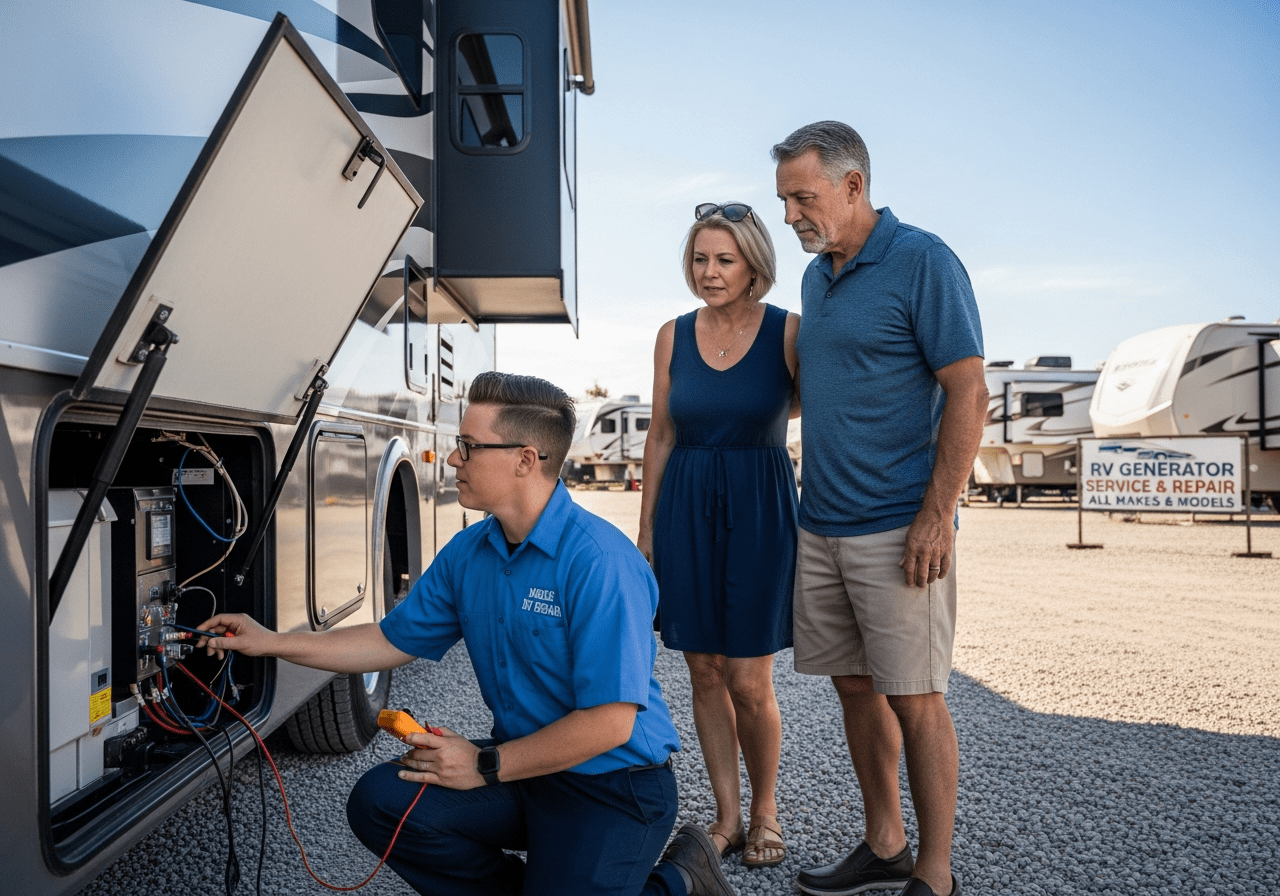
While most RV generator issues can be easily fixed with a few simple steps, there are some more serious problems that require the expertise of a professional. When choosing an RV generator repair service, it’s important to consider the level of expertise and the reviews from other customers.
Level of Expertise
RV generators are just one component among many in an RV. When selecting a repair service, make sure the technicians are knowledgeable about RV systems and components. This will ensure that the repair is done correctly and efficiently. You can also check with them for other RV repairs you might need done and what they recommend.
Service Cost
It can be tempting to go with the cheapest option available, but most of the time, you get what you pay for. Make sure to compare prices between repair services and look for any hidden fees or costs.
Customer Reviews
Before choosing an RV generator repair service, it’s important to read customer reviews. This will give you an idea of the repair services’ quality of work and customer service.
RV Generator Components
There are many components in an RV generator that will likely need maintenance. Most well-made generators can last between 20 and 30 years, but only if they are maintained properly. The most common components that need to be maintained are:
Fuel Filter
The primary function of the fuel filter is to ensure clean fuel is being delivered to the fuel motor. Over time, the fuel filter can become clogged and cause the generator to not start.
Diesel Injector
The diesel injector is responsible for delivering the fuel to the fuel motor. This component can become clogged or damaged over time and can prevent it from starting.
Spark Plugs
The spark plugs are responsible for igniting the fuel in the fuel motor. If the spark plugs are not functioning properly, the generator will not start.
DC or AC Wiring
The DC or AC wiring is responsible for powering the generator. If the wiring is damaged or not connected properly, the generator will not start. It is important to inspect the wiring regularly and make any necessary repairs.
The Oil Filters
The oil filters are responsible for keeping the engine clean. It’s important that the engine is well lubricated. When the oil filter becomes clogged, the engine may not start because it is unable to get enough oil.
Gas Jet
The gas jet is responsible for regulating the flow of fuel to the fuel motor. If the gas jet is clogged, fuel will stay in the fuel line and the generator will not start.
The Fuel Lines
The fuel lines are responsible for delivering the fuel from the fuel tank to the fuel motor. Sometimes it is possible to flush out the fuel lines to remove any debris that may be clogging them.
Coolant and Coolant Storage
The coolant and coolant storage are responsible for keeping the generator cool. When a generator overheats, it can cause serious damage to the engine.
The RV Generator Repair Process
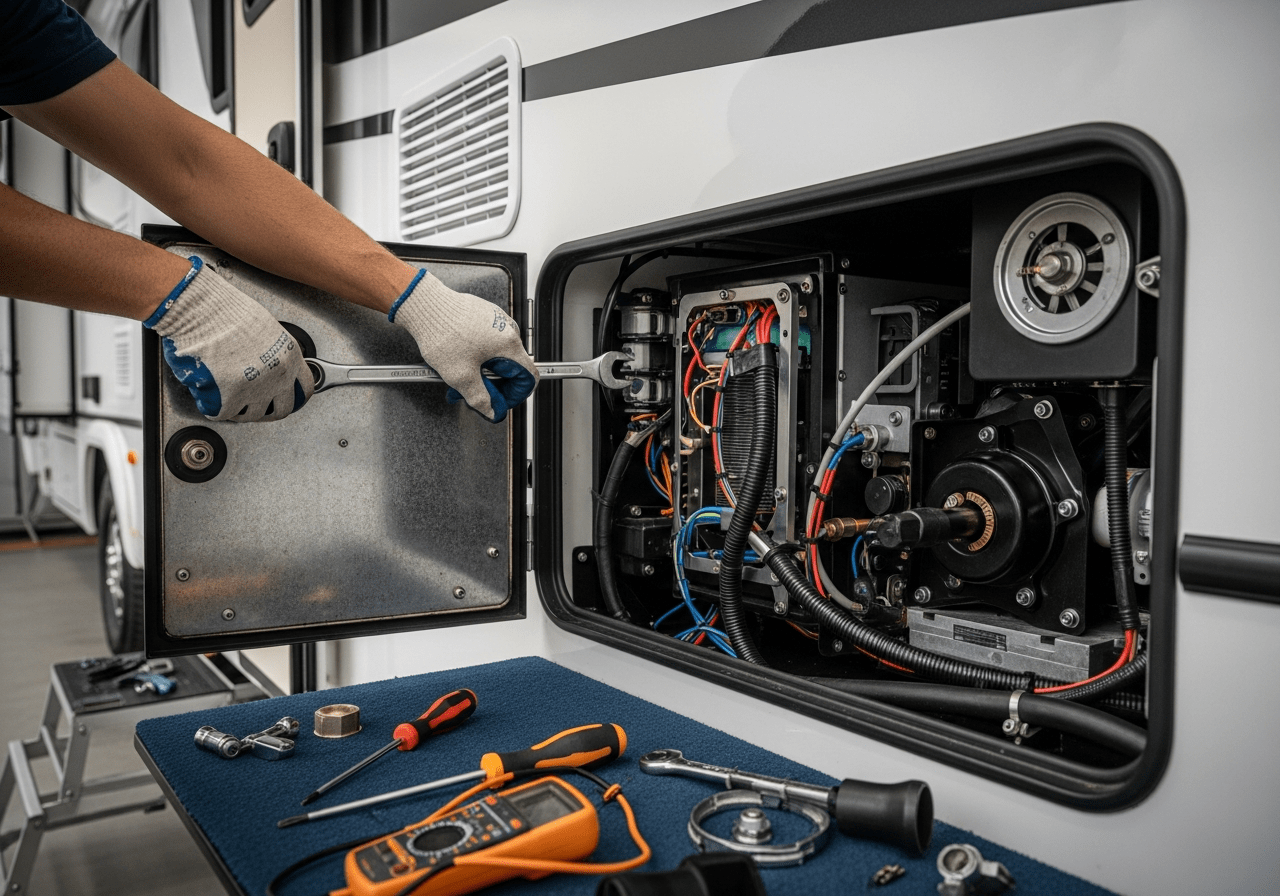
Each repair service is unique, but there are a few things you can expect from your RV generator repair service. First, the technicians will inspect the generator and diagnose the problem. Then, depending on the severity of the repair, they may advise you to replace the part or they may be able to repair it. After the repairs are made, they will perform a final test to ensure the generator is running properly.
Benefits of RV Generator Repair
There are several benefits to RV Generator repair for the RV generator and your RV.
Better Performance
When your RV generator is properly maintained and repaired, it will run more efficiently and provide more reliable power. This can help extend the life of your RV generator and reduce the cost of fuel. In the long run, you should expect to get more out of your RV generator with regular maintenance and repairs.
Peace of Mind
Having a properly functioning RV generator gives you peace of mind. You don’t have to worry about unexpected breakdowns or power outages while you’re on the road.
Safety
When your RV generator is working correctly, you can rest assured that it is safe to use. This can help you avoid any potential hazards or accidents that can occur with a malfunctioning RV generator.
Long Trips
When you're confident that you have the power to make it through long trips, you can relax and enjoy the journey. With a properly functioning RV generator, you can make sure you have the power you need for any unexpected adventures and enjoy your RV even more.
Schedule a Service for RV Generator Repair at Mainline RV & Truck Service
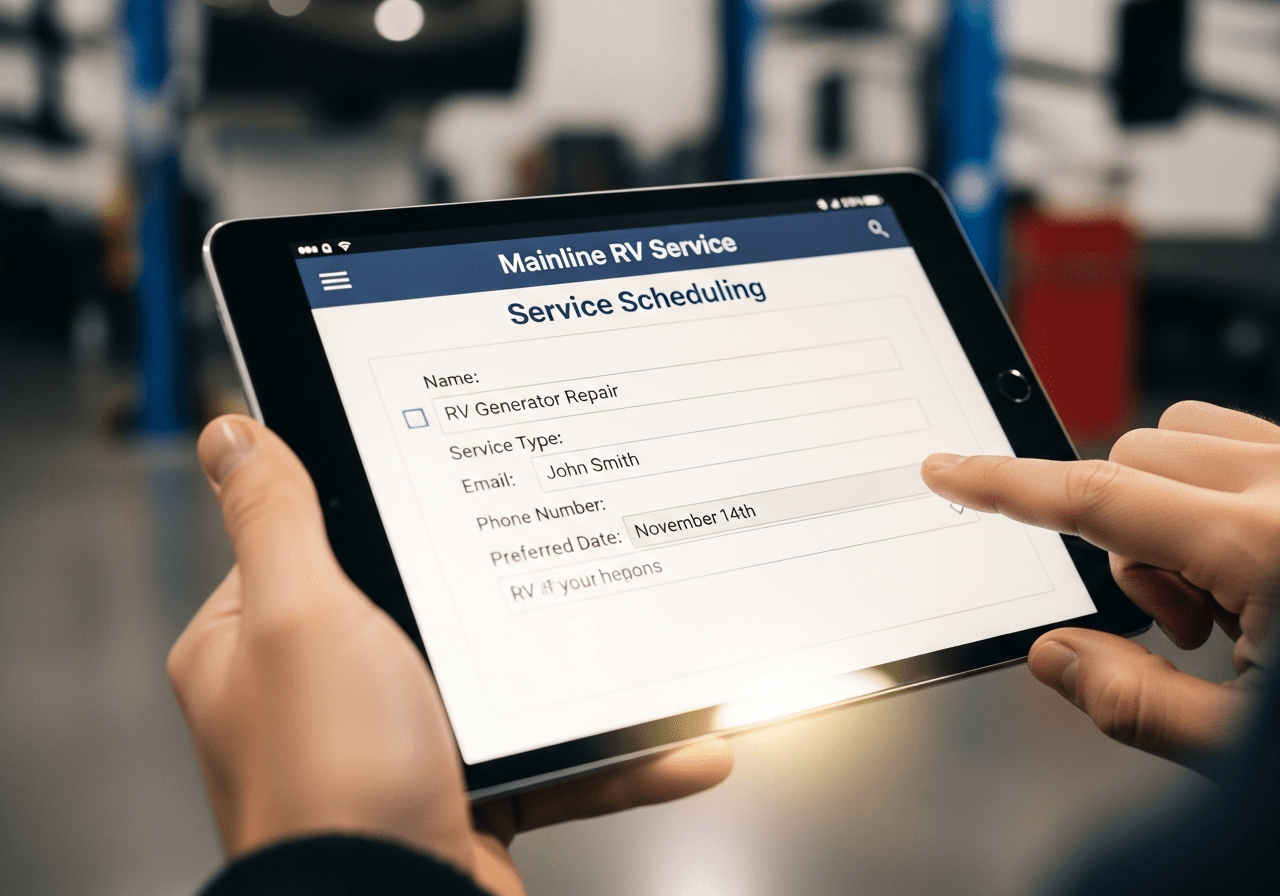
At
Mainline RV & Truck Service, we understand the importance of having a reliable RV generator. Our team of knowledgeable technicians has the experience and expertise to perform any RV generator repair service you may need. Mainline is also an authorized service and warranty center for Onan gas and diesel generators. You can count of Mainline to use only the highest quality parts and diagnostic equipment to ensure that your RV generator is running at peak performance. We also offer a full range of services, including generator maintenance and installation.
Get RV Generator Repair and More with Us Today
Mainline RV & Truck Service is a well-known name in RV repair services. We are an authorized service and warranty center for Onan gas and diesel generators and can help with all kinds of RV issues, from generators to suspension upgrades, and just about anything in between.
If you're unable to diagnose or solve your generator problem, or if you need RV suspension upgrades for a smoother ride, contact Mainline RV & Truck Service. Our team of experienced technicians can inspect, diagnose, and repair any issues, getting your RV ready for your next adventureIf none of these steps help, you'll probably need to take the RV to the shop for professional RV generator repair. Mainline RV and Truck Service can get it running for you!
Click here to schedule an appointment or If you need RV generator repair, contact us today to schedule a service.
FAQs
What are the first steps to take when my RV generator won't start?
First, check the battery switch to ensure it is on. Verify fuel levels and connections. Inspect the spark plug and carburetor for issues. Ensure the generator is properly ventilated and that circuit breakers are not tripped. If these steps fail, consult a professional for further diagnosis
Why won't my motorhome generator start even though it has fuel?
If fuel is present, issues may include contaminated fuel, clogged fuel filters, or carburetor problems. Low battery voltage or faulty spark plugs can also prevent starting. Regular maintenance, such as fuel filter changes and carburetor cleaning, can prevent these issues
What tools do I need to perform basic troubleshooting on my motorhome generator?
Basic tools include multimeter (for electrical testing), wrenches (for removing parts), spark plug wrench, and fuel filter wrench. Cleaning supplies (e.g., carburetor cleaner) are also useful. Always refer to the generator’s manual for specific tools and procedures
How can I prevent common generator problems from occurring in the first place?
Prevent problems by exercising the generator monthly under load, performing regular maintenance (oil changes, filter replacements), and using fuel stabilizers. Keep the generator clean and dry, and address issues promptly. Store the RV properly to avoid moisture and pest damage
How often should I change RV generator oil?
Change the oil every 150 hours or annually, whichever comes first. For generators with no oil filter, more frequent changes may be necessary. Use the recommended oil type and follow the manufacturer’s guidelines. Regular oil changes ensure optimal performance and longevity


